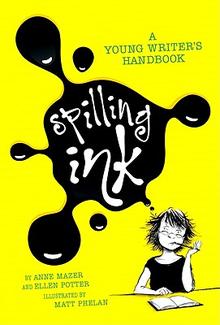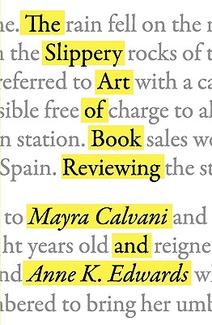Lots of people have been finding my book review template article when they are actually searching on information for kids on how to write a book review – or report – for school. So this article is designed to answer those questions, as well as linking to more resources.

Firstly a book review is not the same as a book report, although if you are in primary school, the two terms may be used to mean the same thing. So if you have to write one of these for school, make sure you know which it is. A book report is generally simpler than a review. See below for more on how to do a book report.
The level of detail required in a kid’s book review will differ depending on what grade you are in, but any book review will need to have the same basic characteristics. A book review should give some basic information about the book and it should give your own thoughts and feelings about the book.
Your book review should include basic information like the title, author and illustrator (if there is one) of the book, a short plot summary that doesn’t give away the ending (this may be as short as a couple of sentences, depending on the length of your review), some comments on what you see as strengths and weaknesses of the book, and your personal response to the book.
Quick steps to writing a book review.
- Before you read the book, make some notes about it. Start with the title, author and illustrator. Then consider some of these questions: What kinds of book is it? Is it a picture book? Novel? Poetry? Fiction or non-fiction? What genre does it belong to – fantasy, autobiography, science fiction, romance, fairy tale, or something else?
- Make notes while you read the book, especially of anything you particularly like or don’t like, anything that strikes you as odd, and anything you think you would have liked to know before deciding whether to read the book.
Now that you’ve read the book
- Write a two-three sentence summary of the book’s plot, without giving away the ending, or any important “surprise” elements – you don’t want to spoil the book for your readers. This should not be the main part of your book review, so keep it short. Really.
- If the book is fiction, consider some of the following questions:
- What is the setting? Is it important to the story?
- Who are the main characters? Were they believable? Did you like them? Do you think the author meant you to like them?
- Whose point of view is the story told from? Does that affect how you see the other characters?
- Was the plot believable? If it is the sort of story that asks you to “suspend disbelief” (like a fantasy novel), did it work? Or were there places where you thought “that just wouldn’t happen”? This can happen in a “realist” story too.
- If there are pictures, how did they support the story? If it is a picture book, this is especially important. Consider whether the pictures match the story, tell the story, or distract from the story.
- Did you like the book? Use examples from the book to explain why, or why not. You may need to discribe a scene or use quotes from the book. You might consider the plot, or story, separately to the style of writing here.
- Who would like this book? Who would not?
If the book is non-fiction, consider
- Does it do what it sets out to do? Another way of putting this is, does it cover the information you expected it to when you read the title and any subtitle?
- If the book is making an argument, or trying to convince you of a point, does it do so effectively? If not, how does it fail?
- Is this book as good as other books about the same subject? Why or why not?
- What makes this book different to other books about the same subject?
In writing your review, make sure you support any statements you make about how the book does or doesn’t work, or why you do or don’t like the book, with concrete examples from the book. You can’t just say “It’s a great book” – you have to say why.
How to write a book report for kids
So how is a book report different to a book review? A book report is generally simpler than a book review, and can be seen as less subjective, which means its more about facts, and less about your opinion.
One of the differences between a review and a report is that the report is not intended for publication, only for your teacher to evaluate how thoroughly you have read and understood the book. So in a book report, you don’t need to worry about not giving away the ending. So a book report will usually summarise the whole plot of the book.
But, at the school level the terms are often used interchangeably, so check with you teacher about exactly what they want you to do, if you are unsure. Should you be analysing the plot or argument of the book, or just reporting on it? Are you to discuss your reaction to the book and whether and to whom you would recommend it, or to report on what the book covers and where the book fits within it’s genre?
There are some good resources for writing book reports for school available at Homeschool Australia and Kids.gov.

I got this site from my pal who shared with me about this website and
now this time I am visiting this site and reading very informative articles or reviews here.
Hi, i am 14 years old